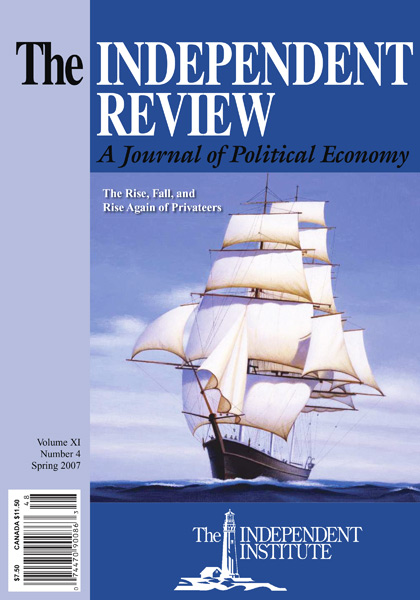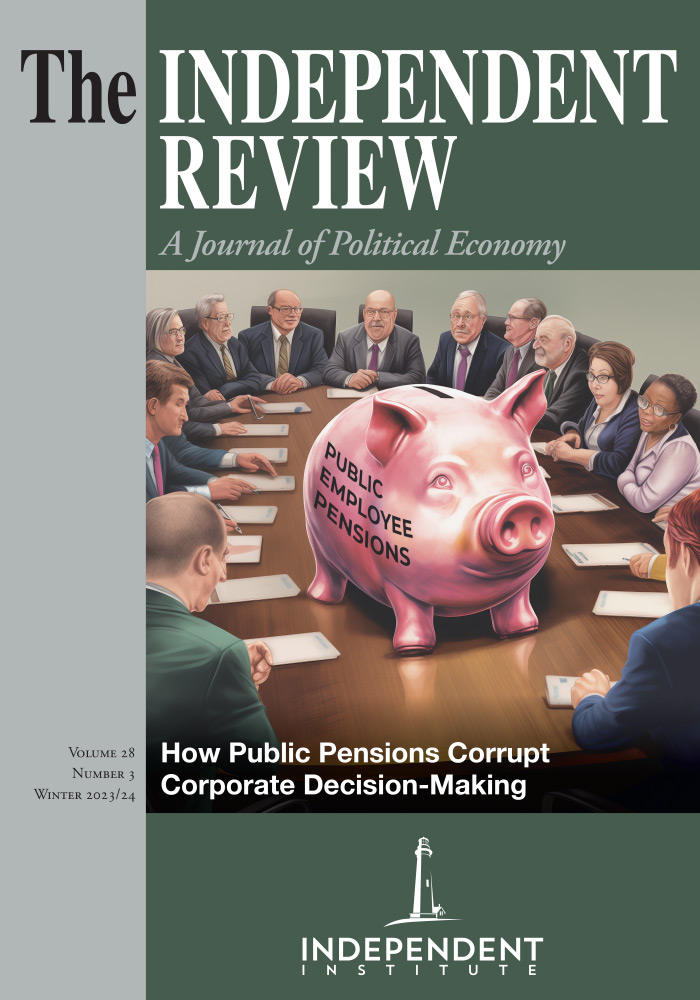For about a century, U.S. government expenditures reflected Adam Smith’s view that the state’s role should be limited to protecting citizens from aggression and supplying goods that the free market may not provide. Beginning in the late 1800s, however, government at all levels began to change its emphasis from carrying out these traditional roles to advancing the welfare state—a trend that may ultimately threaten government’s capacity to provide the services that Smith deemed essential to the maintenance of a safe and prosperous society.
Jody W. Lipford is a professor of economics at Presbyterian College in Clinton, S.C.
Jerry Slice is a professors of economics at Presbyterian College in Clinton, S.C.
Economic History and DevelopmentEconomistsEconomyEntitlements and WelfareFederal Budget PolicyFiscal Policy/DebtGovernment and PoliticsLaw and LibertyPhilosophy and ReligionPolitical TheoryPublic ChoiceState and Local Fiscal PolicyTaxes and Budget









